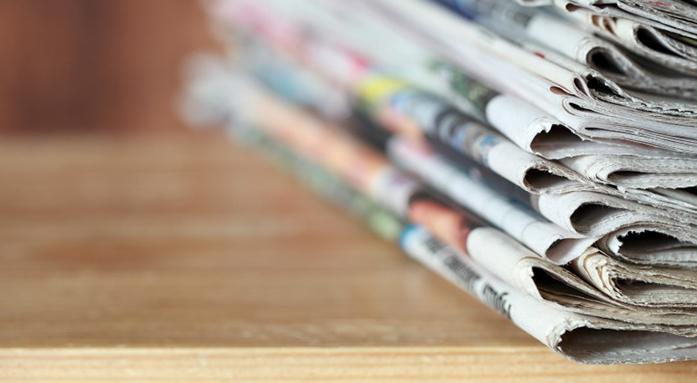Hurricane Matthew hit Haiti Oct. 4, and since then, the total death toll has risen to 1,000. In addition, the U.N. has reported that it has left 1.2 million people in need of humanitarian aid and assistance. On top of this, there have been numerous outbreaks of cholera since the storm hit, and because many hospitals have been wrecked and roadways closed, the ability to treat these cases is suffering.
Cholera can easily spread through contaminated water, and so there is a lot of fear that the damage left from Hurricane Matthew will only exacerbate this growing problem. Haitians are beginning to bury those killed by the hurricane or by cholera in mass graves, because they are running out of room and time to bury them properly. The U.N. has also said this is the biggest humanitarian crisis in Haiti since the 2010 earthquake, which it is now estimated to have killed 316,000 people.
As of Oct. 11, the U.S. has delivered 480 metric tons of relief supplies to Haiti. The U.N. is sending food rations, water-purification kits, and cholera vaccines. These are all very good things, but it seems to me that this isn’t enough. And I think it’s worth looking into why Hurricane Matthew’s devastation of Haiti isn’t at the forefront of everyone’s minds, mine included, instead of something we see covered intermittently by the media.
When shooting erupted in Paris in November 2015 and ISIS claimed responsibility for the attacks, Facebook immediately came out with a filter that could be added to your profile picture to show that you were thinking of France. On top of this, many photos and stories of that night went viral on social media. I remember a photo of a bloody shirt that a woman had been wearing, who had been in the theater during the shooting, along with her firsthand experience written out. It was powerful and scary stuff.
I changed my filter and shared the photo, and was following CNN’s live updates that night. I admit that I may have had a bit more personal investment in the Paris shootings — my brother had recently gotten back from a year in France, and I knew people in France, even in Paris, that night.
Still, I didn’t search out this information on my own (excecpt for the CNN live updates, although I’m sure they would have popped up on my Facebook feed at some point that night). The filter went viral, as all of us with Facebook know, and the stories, videos, and photos of that night also continued to be reposted. So, then, where is the support from social media for Haiti?



